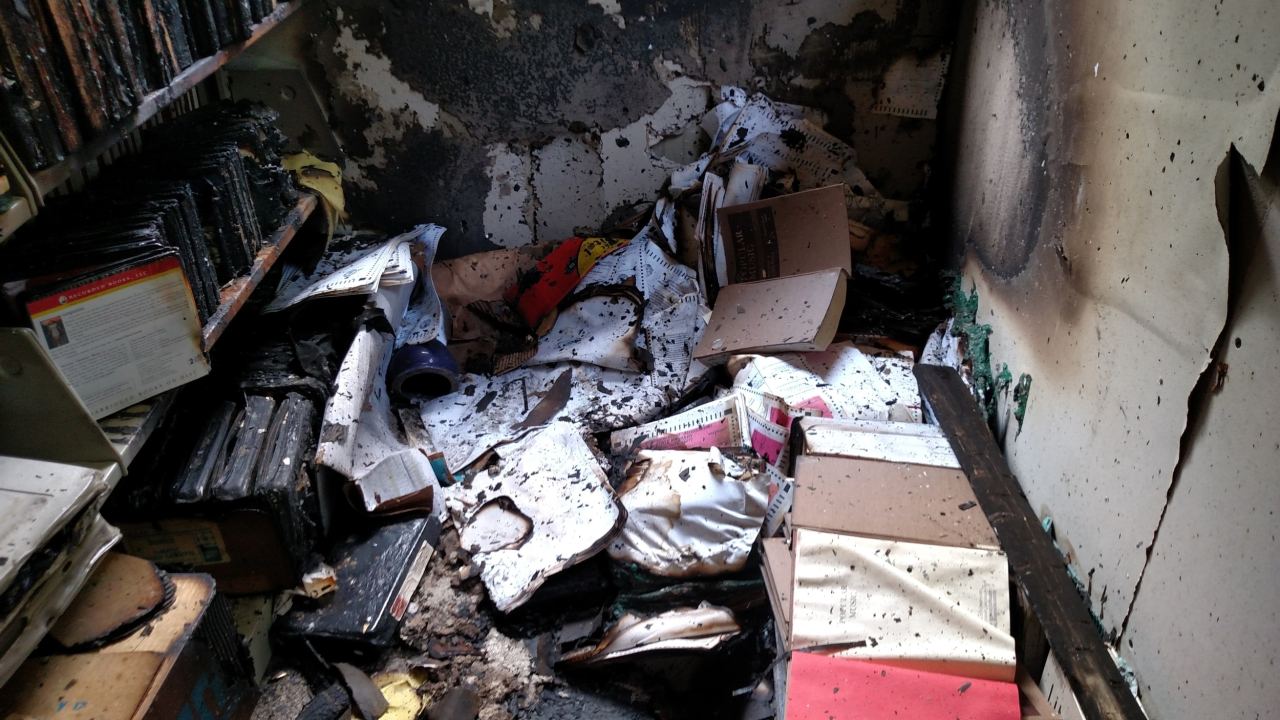
Protecting cultural heritage collections is crucial to preserving our nation’s history, sustaining the economy, and fostering resilience so that communities can respond to and recover from disasters of all shapes and sizes. Most cultural heritage institutions understand the importance of having a disaster plan in place but don’t take the next step of building relationships with their local police and fire departments. However, a strong relationship with local first responders can make the road to recovery more efficient and less stressful.
To address these issues at the local level in Massachusetts, and to serve as a pilot for the national level, the Massachusetts Board of Library Commissioners (MBLC) and partners developed a program called Finding Common Ground: Collaborative Training for the Cultural Heritage and Emergency Response Communities through a two-year National Endowment for the Humanities grant. The program provided statewide preparedness-and-response training for cultural heritage and emergency response personnel.
I was the project coordinator and curriculum developer for this project. The work was not completed by a single person but by a team, so I would like to acknowledge my colleagues Gregor Trinkaus-Randall of the MBLC, Brad Cronin of the Massachusetts Department of Fire Services (DFS), and a wonderful advisory committee of librarians, archivists, curators, conservators, and firefighters. During 2017 we all worked hard to develop a curriculum that would encourage learning and promote relationship building between the cultural heritage and firefighting communities. The following is a description of why and how we came to develop this program.
Development
The idea for this project developed organically from the Massachusetts Board of Library Commissioners/Coordinated Statewide Emergency Preparedness (COSTEP) MA 2011 Hazard Mitigation Grant Program (HMGP) project sponsored by FEMA. The project was the first HMGP grant awarded to a cultural organization, with an emphasis on education and training for the cultural community in conjunction with the emergency responder community. COSTEP MA hosted fourteen community meetings throughout Massachusetts to bring these two disparate entities together. The sessions were devoted primarily to discussing preparedness issues from both perspectives and laid the foundation for an ongoing dialogue between the two groups. The grant also sponsored four risk assessment and mitigation planning workshops targeted mostly at cultural stewards, with emergency responders encouraged to participate as well.
Although the response to these meetings was encouraging, there was a distinct need for more time and the opportunity for greater interaction. COSTEP MA knew that developing a project of this scope was beyond its mission as well as its ability to manage alone. In the end, the MBLC volunteered to take the lead, with the Massachusetts Department of Fire Services (DFS), COSTEP MA, the Massachusetts Archives, the New England Museum Association, and the Massachusetts Cultural Council as partners. With the support of the DFS, more local fire departments participated, as the firefighters were encouraged to join alongside their local museums, libraries, municipal clerks, and archives.
Structure
Finding Common Ground consists of a series of five pre-program webinars and five in-person workshops co-taught by instructors from the cultural heritage and firefighting communities. The Finding Common Ground website contains all the webinars as well as all the materials for the workshops.
The pre-program webinars orient the students to the foundations of preservation principles so that everyone can come to the table with the same basic understanding of the subject. These webinars cover the basic tenets of collection stewardship concerns like creating sound storage environments, preventing and responding to pest and mold infestations, and the proper storage and handling of collection materials; and facility needs like maintenance and fire prevention, detection, signaling, and suppression.
The in-person workshops provide full-day training on the subjects of risk assessment, disaster preparedness, disaster response, and salvage. After listening to lectures on each topic, students participate in hands-on experiences including a risk assessment walkthrough, tabletop exercises to test disaster plans, a live burn, and a challenge to salvage the materials damaged in the live burn. The workshops are co-taught by an instructor from the cultural heritage community and a firefighting instructor from the Massachusetts Firefighting Academy. This dual teaching component adds significantly to the informational content and draw of the workshops.
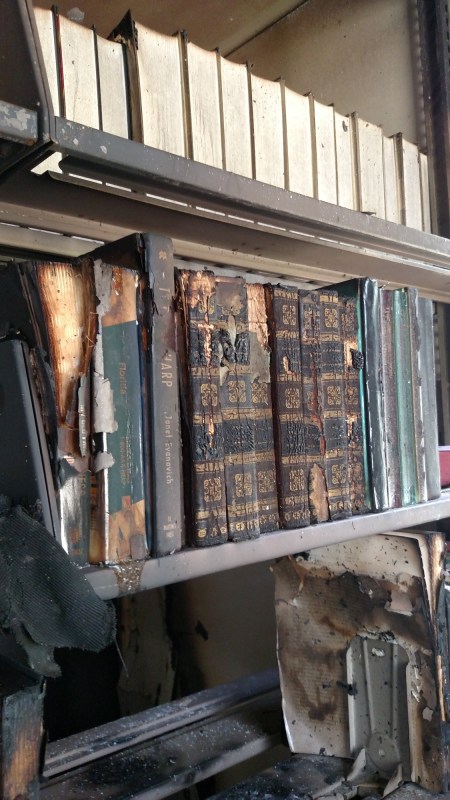
Besides training people to prepare for and respond to disasters, the workshops are designed to develop working relationships both within the cultural heritage community and between the cultural heritage and first responder communities. We encourage participants to bring a representative from the alternate community with them to share and build upon the experience. In Massachusetts, we were pleased to see that almost half of the participants were able to bring their emergency managers or one of their local firefighters to the sessions. The DFS supported the firefighters’ participation, which lent credibility to the program.
The workshops also provide a forum for open discussion between institutions of different backgrounds that all hold materials relevant to their community’s, state’s, and nation’s history. These discussions help the institutions understand their differences and, more importantly, their similarities. The hope is that if any of the participating institutions suffer a disaster in the future, they’ll have colleagues to call on for assistance.
Bringing the disparate groups of cultural institutions and emergency managers together provides added impetus to develop institutional disaster plans, enables cultural heritage organizations to tap into public safety personnel’s expertise in creating those plans, and expands communities’ preparedness and resilience, a growing emphasis in the emergency management field. Both fields bring significant knowledge of either collections or response activities to the table; but without a bridge between them, they are not able to share this knowledge. Without this interchange, cultural heritage collections are often overlooked or lost during and following a disaster.
The project also enables the cultural heritage community to learn about the protocols governing firefighters’ responses and understand the broader range of services their local fire department can provide. It helps them know what the fire department can and cannot do for them, especially during a fire. Firefighters likewise learn about the needs of the collections, to protect them more effectively during a fire or other incident to which they may respond.
The Future
The future of this program is now up to you. The full curriculum is freely available through the MBLC website. The website includes:
- Five pre-program webinars to ensure all participants arrive with the same foundational knowledge
- Training materials for the program’s five workshops
- Slide decks and scripts for each in-person workshop
- Checklists to help develop your live burn and salvage exercises
- Videos for the live burn and salvage workshops held in Massachusetts
- Handouts to distribute during the sessions
All of us involved in this project sincerely hope everyone finds inspiration in this program to do at least one thing for disaster planning this May Day, whether it is updating your call list, starting the conversation with your local first responders, or encouraging your regional organization to provide this training for you.
About the author:
Donia Conn is a Senior Instructor for the Simmons University School of Library and Information Science as well as an independent preservation and collection care consultant for small and mid-sized cultural heritage institutions with over 20 years of experience. Ms. Conn is also a private book and paper conservator and a Professional Associate of the American Institute for Conservation (AIC). She earned her BA in Mathematics from St. Olaf College and her MLIS with Advanced Certificate in Conservation from the University of Texas-Austin. Previously, Donia has worked for the Northeast Document Conservation Center, Northwestern University, and Syracuse University.
Skip over related stories to continue reading article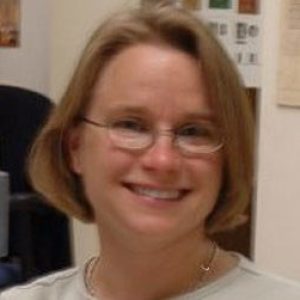
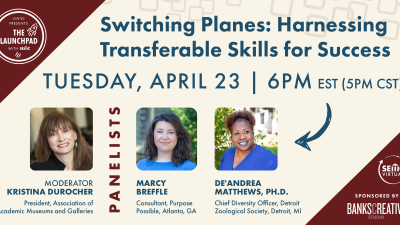
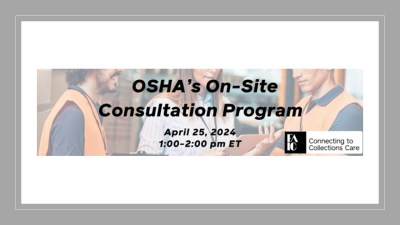
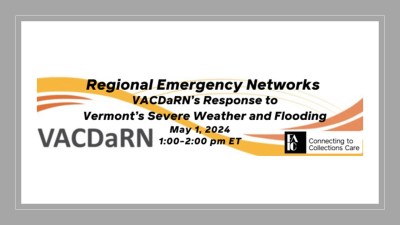
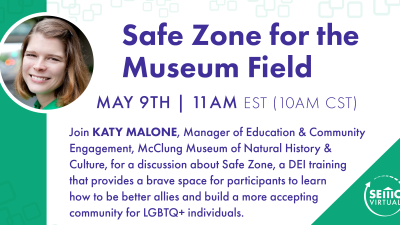


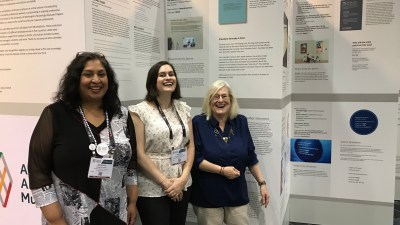
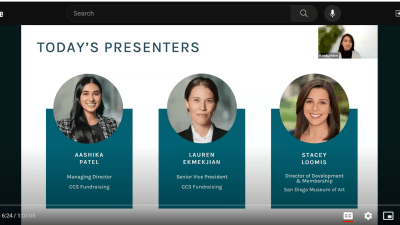
Comments